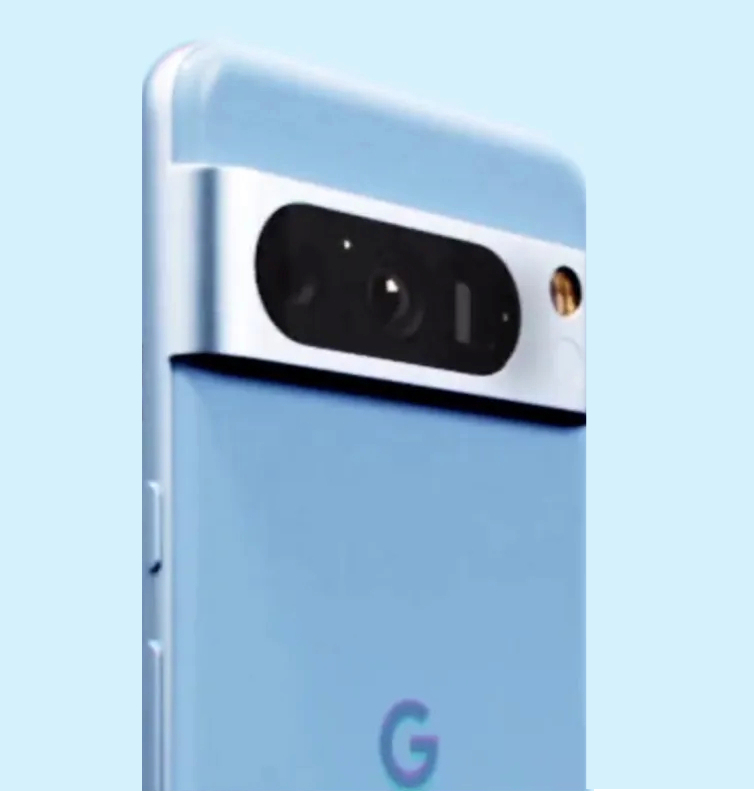Google Pixel 8 and Pixel 8 Pro confirmed to lack Wi-Fi 7 connectivity
Google Pixel 8 and Pixel 8 Pro confirmed to lack Wi-Fi 7 connectivity

www.notebookcheck.net
Google Pixel 8 and Pixel 8 Pro confirmed to lack Wi-Fi 7 connectivity

So according to an FCC filing the Pixel 8 and Pixel 8 Pro will support Wi-Fi 6E but not the newer Wi-Fi 7.
For a comparison, you can get a max speed of 9.6 Gb/s with Wi-Fi 6E, while Wi-Fi 7 can reach a speed of 46 Gb/s.